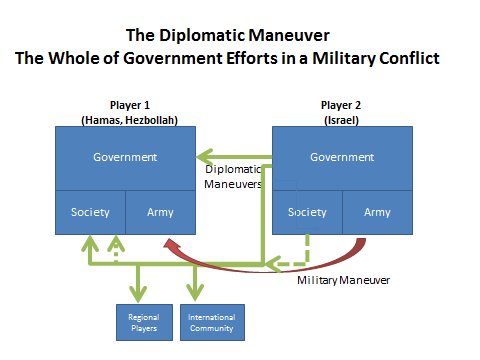In the intricate chess game of international diplomacy, where every move is scrutinized and every silence speaks volumes, the Biden Administration’s recent maneuvers regarding the Israel-Hamas conflict have raised more than a few eyebrows. It’s time to cut through the diplomatic double-talk and lay bare what’s really happening behind those closed doors.
Let’s not kid ourselves; when it comes to dealing with global hotspots like Israel, President Joe Biden’s administration has been playing a game of smoke and mirrors that would make Houdini proud. On one hand, we see public gestures that seem to appease the left-leaning factions within his party—support for United Nations resolutions critical of Israel or canceling high-profile delegations. But let’s dig deeper because this isn’t about taking these actions at face value.
You see, beneath this veneer of diplomatic balancing acts lies a strategy that could very well be in lockstep with Israeli Prime Minister Benjamin Netanyahu’s objectives against Hamas. The question we must ask is: Are these public moves merely a façade? A way to placate certain domestic audiences while ensuring that behind-the-scenes support for Israel remains unshaken?
Consider this: by publicly aligning with UN resolutions or pulling back on official visits, Biden might just be throwing a bone to the progressive wing of his party without actually compromising on substantive support for Israel’s security needs. It’s political theater at its finest—giving off an aura of impartiality while continuing to bolster one of America’s staunchest allies in their fight against terrorism.
Now, why does this matter? Because it reveals the complexity and sometimes duplicity inherent in foreign policy maneuvering. While some may laud these actions as nuanced diplomacy, let us not forget that real lives are affected by these decisions—the citizens of Israel living under constant threat from Hamas’ terror tactics and Palestinians caught in the crossfire.
It begs the question: Is Biden truly attempting a balanced approach to Middle East peace or is he simply playing both sides to maintain political capital? This duality may serve immediate political needs but does little to advance genuine peace efforts in one of the world’s most volatile regions.
The American people deserve transparency and integrity in how our nation navigates international conflicts—not shadowy dealings that raise doubts about our commitment to our allies and principles. As we peel away layers of diplomatic posturing, it becomes clear that supporting our friends should never come with asterisks or be hidden behind closed doors.
In conclusion, while President Biden might think he can navigate these treacherous waters without consequence, history tells us otherwise. True leadership requires clarity of purpose and unwavering conviction—a stark contrast from what we’re currently witnessing. It’s high time for an honest conversation about where America stands when it comes to defending democracy abroad because anything less undermines our values at home and endangers our friends abroad.

Leave a Reply